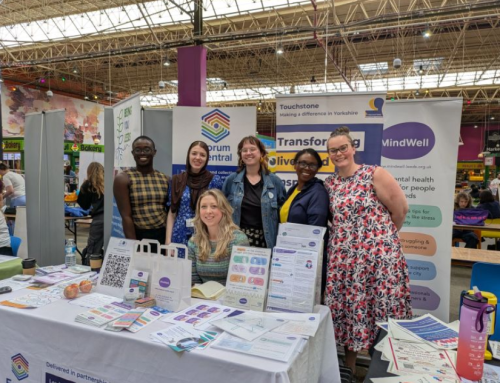International Women’s Day events are held worldwide on March 8 to celebrate women and their global contribution. Various women, including political, community, and business leaders, as well as leading educators, inventors, entrepreneurs, and television personalities, are usually invited to speak at events on the day, highlighting their successes to illustrate how much progress has been made, and often how much further there is till yet to go.
Many students in schools and other educational settings participate in special lessons, debates or presentations about the importance of women in society, their influence, and issues that affect them. In some countries school children bring gifts to their female teachers and women receive small presents from friends or family members. Many workplaces make a special mention about International Women’s Day through internal newsletters or notices, or by handing out promotional material focusing on the day.
In Yorkshire, we will also be celebrating the contribution of women to our fabulous counties and honouring them throughout this day. I will also be there to tell Yorkshire women why they are an asset to Yorkshire, their families and wider communities and why they should be proud to be women living in these great counties.
Many women in Yorkshire will not always have had the start in life that their talent or potential deserved – I was subject to sexual abuse as a child and domestic violence as an adult – but that did not define me and nor should it define us. Women are the backbone of their families, communities and cities. We are peacemakers, mediators, strategists and bringers of hope. We keep our families together through bad times and good and we go without to make sure our families survive. In the workplace we are Leaders of Councils, Chief Executives, doctors, nurses, physicists, lawyers and Chief Constables. We are whatever it is we want to be – and whatever it is we believe we can be.
In the words of Secretary-General Ban Ki-moon:
Countries with more gender equality have better economic growth. Companies with more women leaders perform better. Peace agreements that include women are more durable. Parliaments with more women enact more legislation on key social issues such as health, education, anti-discrimination and child support. The evidence is clear: equality for women means progress for all.”






